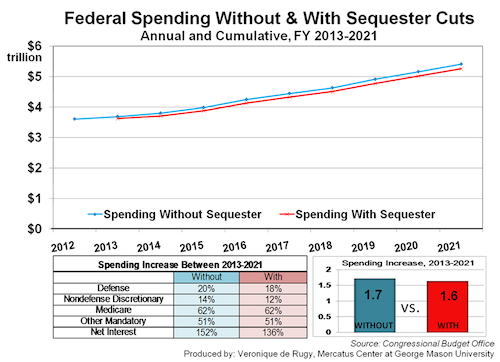Although I’m sure more detail will emerge in the next week or so, I thought it might be helpful to share a few thoughts on the President’s proposal this morning regarding the deficit.
Political Theater
Perhaps the most important thing to understand is that the proposal is not intended to actually result in any meaningful legislation. Indeed, the White House has admitted that, saying that the President would not be offering up any of the items tentatively agreed to this Summer with Speaker Boehner and that today’s proposal “is a vision and not a legislative compromise being crafted to garner some number of votes in the House and the Senate.”
In other words, the proposal is not expected to actually result in the making of legislation.
What, then, is its purpose? The answer is “political positioning.”
This announcement can be most meaningfully read as the President’s opening move in the 2012 presidential campaign, and is intended, among other things, to position his ultimate Republican opponent as an opponent of additional taxes on the “rich,” however defined.
Legislatively, then, this is merely one proposal which the “supercommittee” will take under consideration; whether any of its elements will be incorporated in any final legislative proposal by that committee (or even whether the supercommittee will be able to reach any agreement) remains to be seen.
Phantom Savings
At least some of the proposed savings are essentially smoke and mirrors.
For example, $1 trillion of the supposed savings is attributed to winding down of the wars in Iraq and Afghanistan, which were already scheduled to be wound down.
Functionally, this is somewhat like my saying that I’ve decided to not buy that new Volvo next year, after I’d already decided a few months ago to not buy that new Volvo, and telling my spouse that I’ve just saved us $40,000.
Political credit? Maybe.
Actual political courage and associated pain? No.
Entitlement Shyness
Absent are any real reforms regarding entitlements, such as an increase in the eligibility ages for Medicare or Social Security.
Note that the President has already cut $500 billion from Medicare as part of ObamaCare by proposing cuts to providers that may not be sustainable and might, if enacted, cause a shortage of providers.
Nor is the President asking the rich to pay more for their care, by means-testing Medicare benefits.
Also absent are any discussion of other Medicare reforms, such as increased efficiencies, enhanced cost control through competition, etc.
All in all, while the proposal may be an interesting political document, it reflects little of real substance from a legislative standpoint, and may only have, at best, a marginal impact on the supercommittee’s deliberations.








